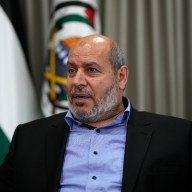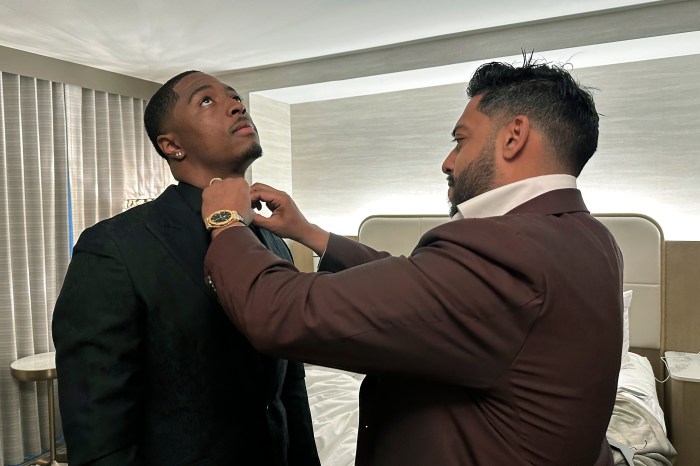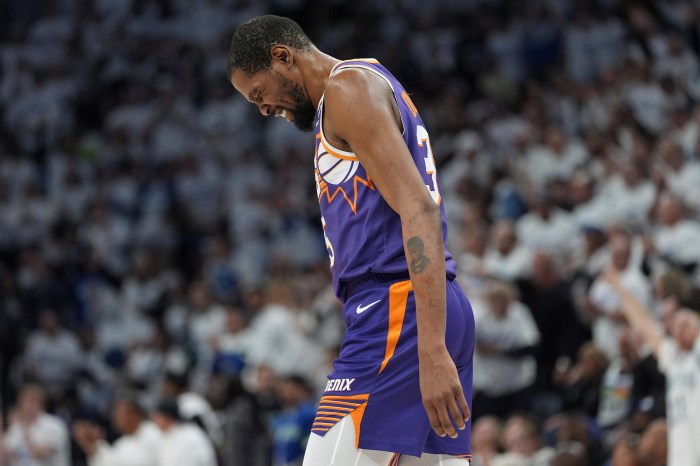By Chayut Setboonsarng
BANGKOK (Reuters) – As someone who has practiced Thai boxing (Muay Thai) for 30 years, Chatri Sityodtong knows very well the challenges he faces as he tries to bring his version of Mixed Martial Arts to the Southeast Asian nation.
Chatri, who left a Wall Street career to start the ONE Championship in 2011, said the first major problem was a Thai misconception about the series born of televised western versions of cage fighting.
“Thais have a misconception, they think ONE Championship is about MMA,” the ONE Championship chief executive, who has Thai and Japanese parentage, told Reuters in an interview.
“MMA is what our western counterparts use to promote violence. Real martial arts is about respect, humility and discipline.”
Given the long history of martial arts in Thailand, the country should be a fruitful recruiting ground for fighters and audiences alike.
But getting Muay Thai boxers to take up MMA has been a challenge with the fighters reluctant to learn new rules and techniques, especially around ground fighting, which does not feature in the local codes.
Muay Thai fighter Thaweechai Chatarasuk underwent some MMA training before deciding to stick to what he knew.
“Muay Thai is better, you can learn more from it,” he said.
The chairman of the Kru Muay Thai Association, Chinawut Sirisompan, says MMA has good promotion and media but Thais prefer stand-up striking techniques and are “bored” by ground fighting.
ONE Championship’s CEO is no stranger to Muay Thai, having trained with legendary Muay Thai coach, the late Master Yodtong Senanan, who gave him the ringname, Chatri.
His familiarity with its old traditions and rituals that pay homage to masters and respect for opponents, is helping ONE Championship connect with Muay Thai fans and practitioners.
The ONE Championship is seeing more Muay Thai athletes joining its kickboxing and MMA league, Chatri said.
Muay Thai-to-MMA convert, Dejdamrong Sor Amnuaysirichoke, says it helps if Muay Thai fighters understand MMA rules, especially around ground fighting.
“Muay Thai gives us an advantage in MMA,” he said. “Thais should keep an open mind and give MMA a chance.”
Female ONE Championship athlete, Rika Ishige, said that if Thais took time to understand the rules, they would see it was not barbaric.
“The thing that will bring (Muay Thai) further on in the future is MMA,” she said.
Chatri’s vision is to build a sports property that will bring Asia together through martial arts and believes the rags-to-riches stories of its athletes can help.
“Ninety five percent of our athletes come from incredible backgrounds of tragedy and poverty,” Chatri said.
“Their spirit to overcome adversity represents authentic martial arts.”
They are stories also familiar to fans of Muay Thai with those fighters typically having impoverished beginnings in rural Thailand.
After training in wrestling and ju jitsu, MMA can give Muay Thai fighters a chance to make a little bit more money, Muay Thai coach Chinawut said.
Chatri hopes to give his fighters more and more opportunities to make money with plans to hold 24 flagship live events in major Asian cities in 2018 and bringing that number to 52 over the next three years.
He compares ONE Championship to Formula One and the NFL and said the company will conclude its Series D investment round by year-end and reach its $1 billion valuation “imminently”.
That is just a start of his ambitions, though, with plans to expand the broadcasting footprint, build a movie studio, launch a TV series and video games.
(This story has been refiled to fix typo in headline)
(Additional reporting by Prapan Chankaew, editing by Nick Mulvenney and John O’Brien)


















